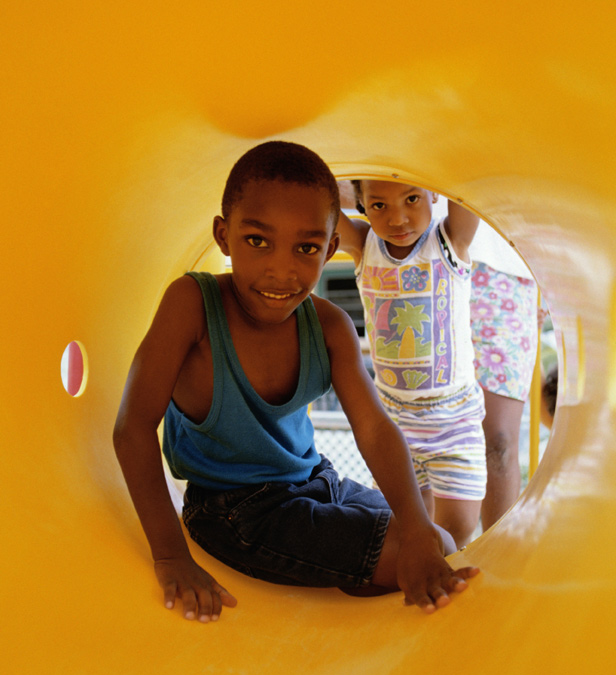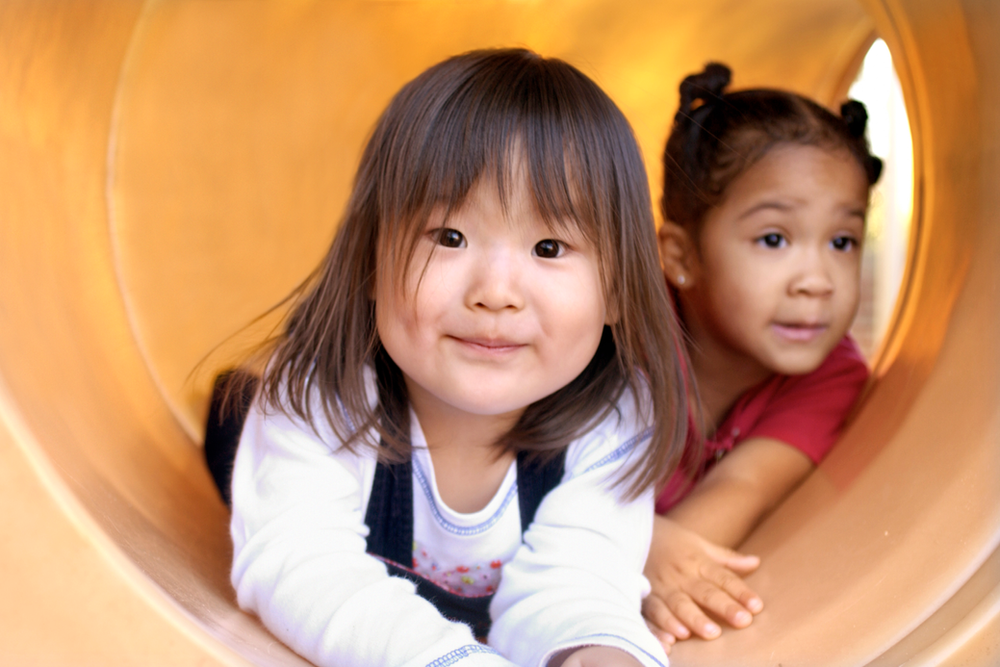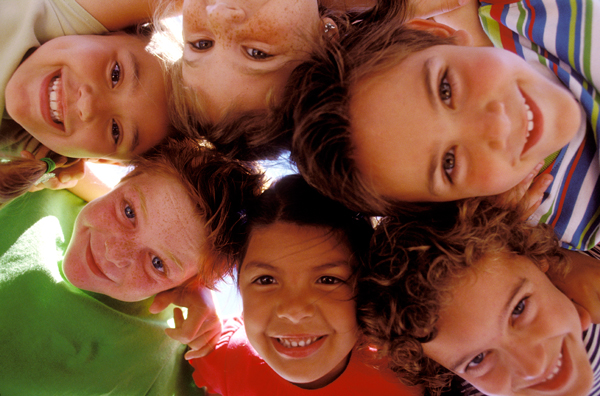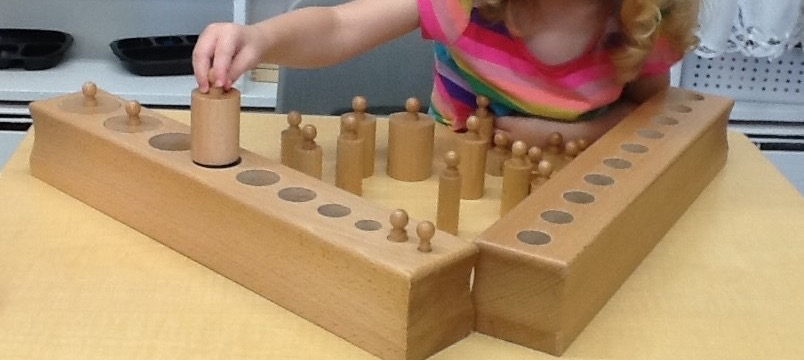Remember what distinguishes the Second Plane of Development, that window from six to twelve years old. Moving out of the “construction of…


Remember what distinguishes the Second Plane of Development, that window from six to twelve years old. Moving out of the “construction of…

A core tenet of Montessori is that children are free to move. We understand that the child’s developing mind is influenced by their…

Montessori identified a number of “Sensitive Periods,” times when children’s development motivated them toward an interest in particular…

By the time learners reach adolescence, their ability to take on the perspective of another person is well-developed. When you add this…

If you believe what you see in the media, you might expect children in the Second Plane to be just plain awful, disrespectful and…

As infants and toddlers, children demonstrate initial kindness, especially toward people with whom they have a special bond. As they move…

Are children naturally empathetic? You may have heard of the phenomenon of infants crying in a nursery, reacting to each other’s cries in…

You’d be hard pressed to visit any Montessori early childhood classroom in the world and not find the Knobbed Cylinders on the shelf….

Ah, adolescence. The big emotions. The physical changes. The seemingly endless push and pull between childhood and adulthood, when kids…

Just as you feel like you’ve mastered the pace of Early Childhood, you find yourself with an active, blooming Elementary student in your…